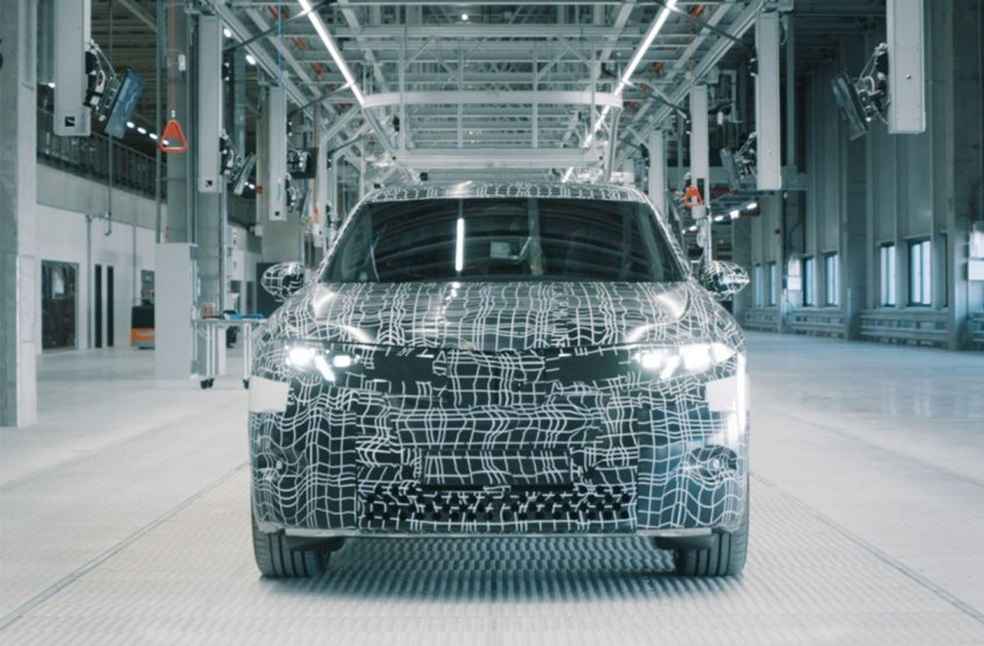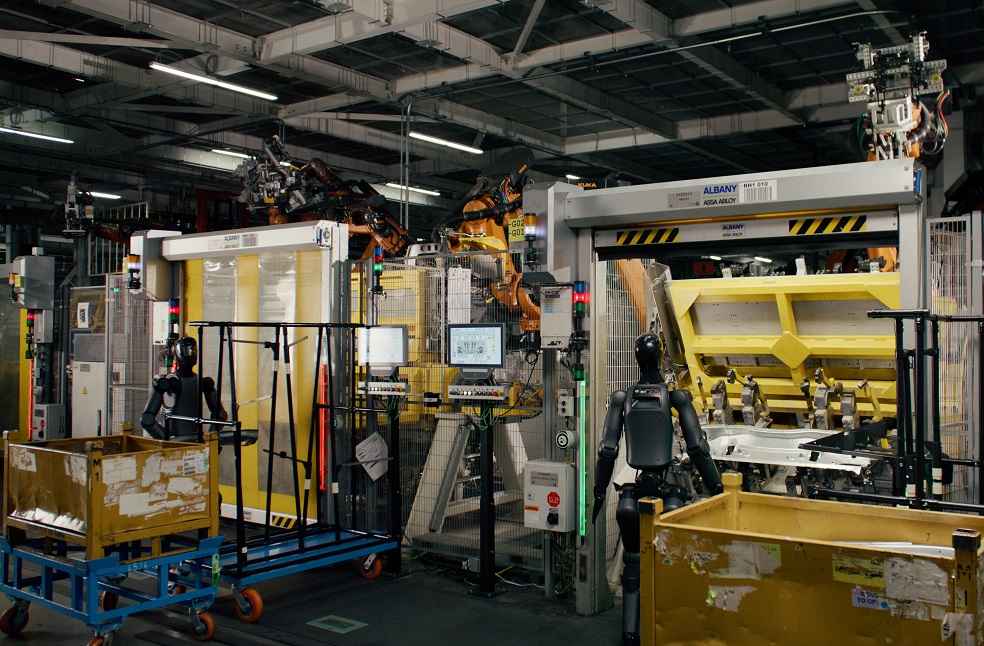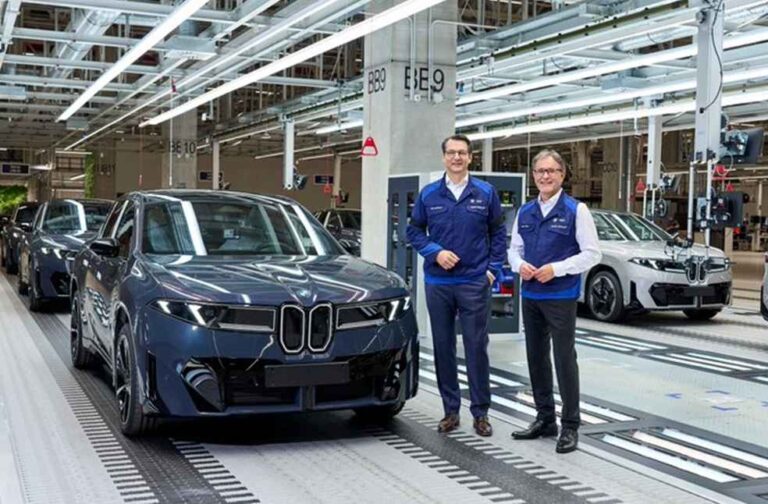BMW will begin mass production of the all-electric iX3, marking the start of the Neue Klasse series in late October at its new Debrecen plant in Hungary, the first site in its global network to run entirely on renewable energy.
The BMW facility in Debrecen has been building test vehicles for the first Neue Klasse model since 2023 and began pre-production of the iX3 earlier this year. The automaker stated that the facility was designed using digital planning tools, with all processes simulated in a virtual factory to ensure precise installation of production lines. The company also noted that it has filed numerous patents for innovative systems and processes developed specifically for the plant.
The BMW iX3, based on the Neue Klasse platform, features sixth-generation BMW eDrive technology, an advanced high-voltage battery with cylindrical cells and 800-volt architecture, as well as the new BMW Panoramic iDrive powered by BMW Operating System X.
Developed in accordance with BMW’s new iFactory strategy, the facility reflects the company’s production vision, emphasizing streamlined operations, efficient resource use, and the smart application of cutting-edge technologies.

The facility also features autonomous logistics systems, such as electric tugger trains and Smart Transport Robots, which enable a fully electric material flow throughout the production area. Plant Debrecen will be the first in BMW’s network to operate entirely on renewable energy during standard production, resulting in a 90% reduction in CO₂e emissions per vehicle, including the battery, to approximately 34 kilograms.
The plant’s press shop features servo-driven lines capable of producing up to 10,000 parts daily, generating as much as 60 tons of scrap at full capacity. The body shop utilizes nearly 1,000 robots, strategically positioned through simulation to optimize operations.
BMW’s fully digital production system enhances assembly efficiency through its in-house AIQX (Artificial Intelligence Quality Next) platform, which uses sensors and cameras to automate quality checks and deliver real-time feedback. Future vehicles will actively participate in the industrial IoT ecosystem, performing self-analysis and interacting with staff via onboard tech. All tools, components, and vehicles are digitally integrated into BMW’s production network.

The plant’s optimized ‘finger structure,’ based on the Leipzig plant design, enables 80% of parts to reach the exact assembly points efficiently. By integrating internal and external databases, the system automates complex analysis tasks, providing instant access to structured data.
BMW highlights the plant’s key role in its electrification strategy. By 2027, the company aims to incorporate Neue Klasse technologies into 40 new models and updates.
With more than 2,000 employees trained across its global network, Debrecen functions not only as the launch site for the iX3 but also as a central hub for deploying Neue Klasse innovations worldwide.
DON’T MISS | U.S. Slashes Tariffs on Japanese Cars to 15% Effective September 2025





